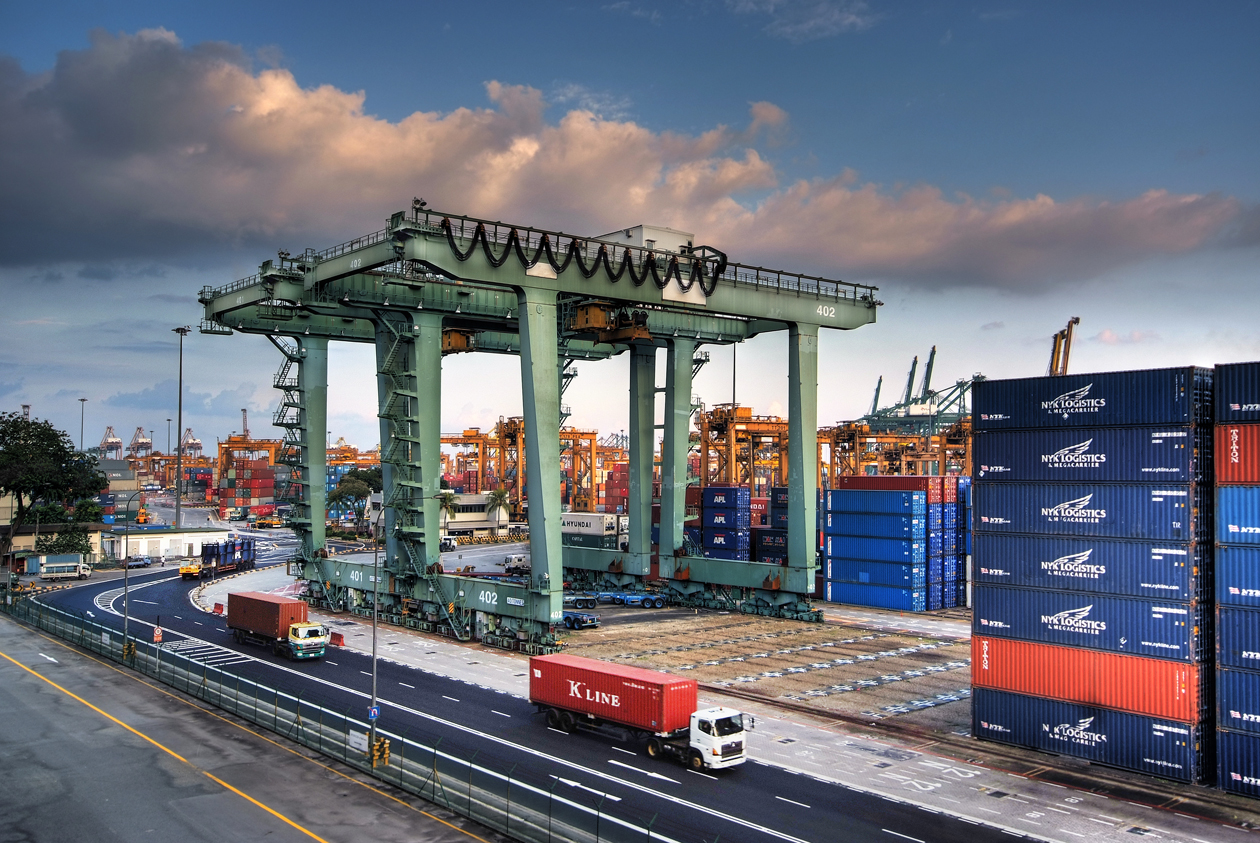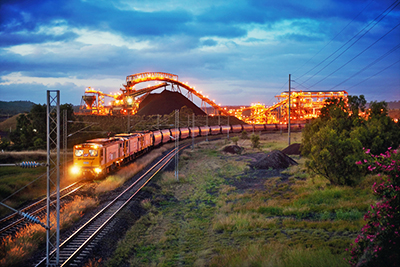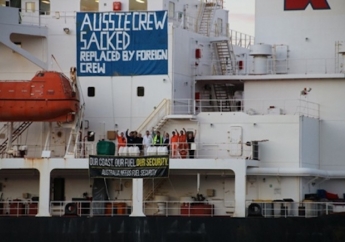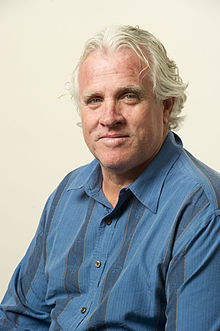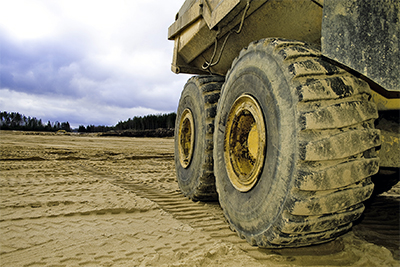EXTREME opposing forces will dominate the Australian cattle market in 2020, with limited supply and strong local demand driving prices, but tempered by the global COVID-19 disruption, according to Rabobank’s Australian Beef Cattle Seasonal Outlook report.
The just-released report, titled The Battle of the Bulls versus Bears, outlined that despite the market being seriously tested by contracting global economic growth and COVID-19 containment measures, domestic forces would emerge victorious, keeping cattle prices high. 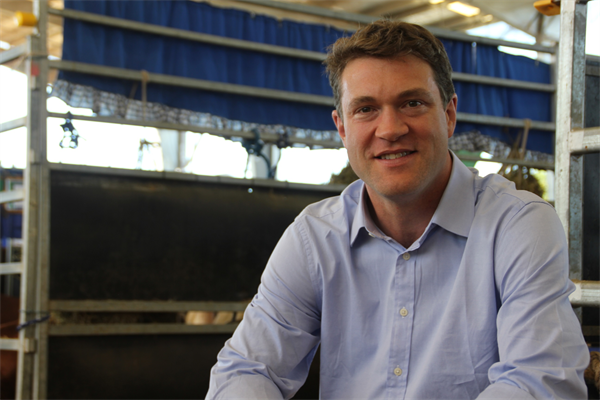
Rabobank senior animal proteins analyst Angus Gidley-Baird said widespread rain had buoyed local restocking motivation among producers, reducing cattle sales and adding buying competition in an already supply-constrained market, with Australia’s cattle inventory reportedly at a 30-year low.
“We estimate the Australian cattle slaughter will fall 14 percent in 2020 to 7.29 million head, with a further decrease of two per cent in 2021,” Mr Gidley-Baird said.
Production was expected to drop to 2.1 million tonnes – among the lowest volumes seen in 15 years – with seasonally-driven increases in slaughter weights failing to offset reduced numbers.
While price-positive for graziers looking to sell livestock, Mr Gidley-Baird said low cattle availability would create challenges for producers, processors and feedlots, forced to manage their businesses with lower livestock numbers and high cattle prices.
Low slaughter numbers were also expected to contribute to a dramatic decline in Australian beef exports, forecast to drop 17 percent in 2020 to one million tonnes.
The significantly decreased cow slaughter – reducing Australia’s production of lean manufacturing beef – was also expected to result in a shift in volumes between export markets, Mr Gidley-Baird said.
“The US is a large market for lean manufacturing beef – 62 percent of exports to the US are manufacturing beef – and, all other things being equal, we expect exports to the US to drop in 2020,” he said.
GLOBAL TRADE DOWN
Forecasts suggest a dramatic contraction in global economic growth in 2020 resulting from COVID-19 that will be worse than experienced in the global financial crisis (GFC) of 2009, with large economic declines expected in key Australian beef markets such as the US, China and Japan.
As a high-priced protein, Mr Gidley-Baird said, beef would feel the impact of reduced consumer expenditure, with overall beef demand – particularly for premium products sold through full-service restaurants – expected to decline.
Heavily reliant on foodservice trade, Australia’s beef exports would also be hit by COVID-19-led social restrictions, particularly in China, where more beef was eaten out of home.
“This disruption to food service and slowing economic conditions is expected to place downward pressure on Australia’s beef export prices, creating a difficult price squeeze for those in the beef supply chain managing high cattle prices in a softer global market,” Mr Gidley-Baird said.
At the same time, Mr Gidley-Baird said, a weaker Australian dollar, China’s reduced pork availability due to African swine fever, and the US-China trade deal were all positive offsetting factors.
DOMESTIC PRICE OUTLOOK POSITIVE
Despite countering global and domestic forces at play, the report forecasts the average annual Eastern Young Cattle Indicator (EYCI) to increase by 30 percent in 2020, to equal the annual average record set in 2016 at A$6.32 per kg.
Based on the last reported EYCI price of A$7.41/kg on March 19, this would mean prices were expected to ease but still remain strong over the remainder of the year.
However, given the forecast dramatic reduction in economic activity, uncertainty remained surrounding global beef price performance.
AUSTRALIAN REGIONAL OUTLOOK RECOVERING
With climatic conditions taking a toll on northern cattle herds in past seasons, breeding inventory across Queensland and Northern Territory was estimated at a 20-year low in late 2019.
Mr Gidley-Baird said breeding numbers in some areas of southern Queensland were expected to be 75 percent below normal, yet, despite tough conditions, well-priced sales had generated solid returns, placing producers in a strong position to start the recovery.
As such, the report tipped Queensland would emerge as the 'colosseum' of the Australian cattle recovery.
“Producers, feedlotters, processors and live exporters are all vying for a very small pool of cattle, and prices in Queensland may see some of the strongest gains across all states given this fierce competition,’ Mr Gidley-Baird said.
Breeding cattle numbers were also significantly down in central and northern New South Wales, while higher breeder numbers and calf availability out of the south of the state remained closer to normal.
He said Victorian producers remained well-positioned to capitalise on national restocking demand and higher prices, with most areas – east Gippsland excluded – maintaining close to normal breeding numbers.
In South Australia, Mr Gidley-Baird said, producers could also look forward to a positive year, despite 2019’s dry conditions and reduced cattle inventory in the northern pastoral country.
“There may be slightly softer demand by local producers for replacement cattle, compared to NSW and Queensland, but these markets will still provide strong buyer interest for South Australian producers looking to sell cattle,” he said.
Dry conditions across much of Western Australia’s cattle-producing regions had driven increased slaughter rates, and would curb 2020 production, Mr Gidley-Baird said, however upward price pressure would come from east coast demand.
In Tasmania, current breeding cattle on-farm numbers were similar to early 2019, reflective of normal levels, yet increased competition from the mainland could see the movement of cattle out of the state.
www.rabobank.com.au
ends



